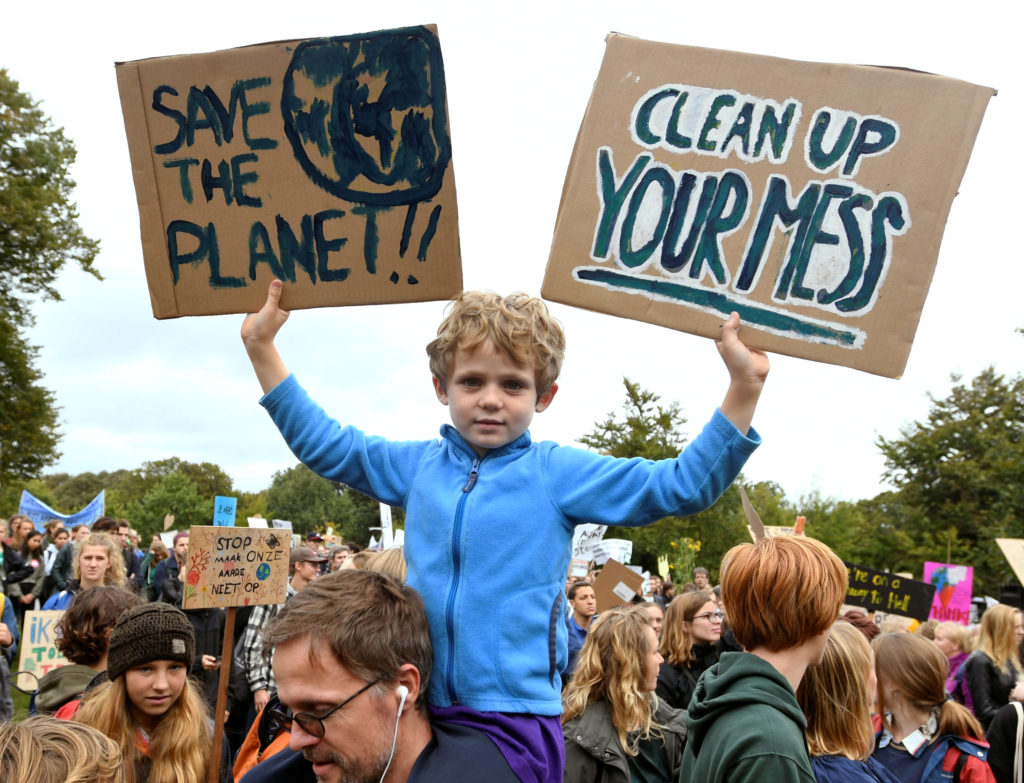

America's Urgent Call to Action. Can We Save Our Planet?
America's urgent call to action to save our planet is more pressing now than ever before. The environmental challenges we face, such as climate change, deforestation, pollution, and the depletion of natural resources, require immediate attention and concerted efforts from all sectors of society. While the responsibility rests on the shoulders of every individual, the United States, as one of the largest contributors to global emissions and environmental degradation, must take a leadership role in addressing these issues.
One of the most critical areas that demand immediate action is climate change. The burning of fossil fuels for energy production is the primary driver of greenhouse gas emissions, leading to global warming and its associated consequences, including extreme weather events, rising sea levels, and loss of biodiversity. The United States, as the second-largest emitter of greenhouse gases, has a crucial role to play in reducing its carbon footprint.
To combat climate change, America must transition to a clean and sustainable energy system. This involves investing in renewable energy sources such as solar, wind, and hydroelectric power, while phasing out the use of fossil fuels. Several states have already made significant progress in this regard. For instance, California aims to achieve 100% clean energy by 2045, and New York has committed to sourcing 70% of its electricity from renewable sources by 2030.
In addition to transitioning to renewable energy, America needs to adopt more sustainable practices in agriculture, transportation, and industry. For example, promoting regenerative agriculture techniques that sequester carbon in the soil can help mitigate climate change while improving soil health and crop yields. Investing in public transportation and electric vehicles can reduce emissions from the transportation sector, while implementing stricter regulations on industrial emissions can significantly curb pollution.
Furthermore, protecting and restoring ecosystems is crucial for preserving biodiversity and mitigating the impacts of climate change. The United States has a vast array of natural resources, including forests, wetlands, and coastal areas, that provide essential ecosystem services. By conserving and restoring these habitats, we can enhance carbon sequestration, protect endangered species, and ensure the resilience of ecosystems in the face of climate change.
To achieve these goals, America needs strong policies and regulations that incentivize sustainable practices and penalize polluters. The government must provide financial support, tax incentives, and subsidies for renewable energy projects and sustainable practices. Simultaneously, it should impose stricter regulations on emissions, waste disposal, and deforestation to hold industries accountable for their environmental impact.
Public awareness and education also play a vital role in driving change. By raising awareness about the urgency of environmental issues and the individual actions that can make a difference, we can mobilize communities and inspire collective action. Educational initiatives, public campaigns, and media coverage can help shift societal norms towards more sustainable behaviors and lifestyles.
In conclusion, America's urgent call to action to save our planet requires a multi-faceted approach. Transitioning to renewable energy, adopting sustainable practices, protecting ecosystems, implementing strong policies and regulations, and raising public awareness are all crucial steps. By taking a leadership role in addressing these challenges, the United States can contribute significantly to global efforts to combat climate change and protect our planet for future generations.
Related Posts
© 2025 Invastor. All Rights Reserved

User Comments